Peanut Butter Frosting is rich, fluffy, and packed with nutty flavor that melts into every bite of your dessert.
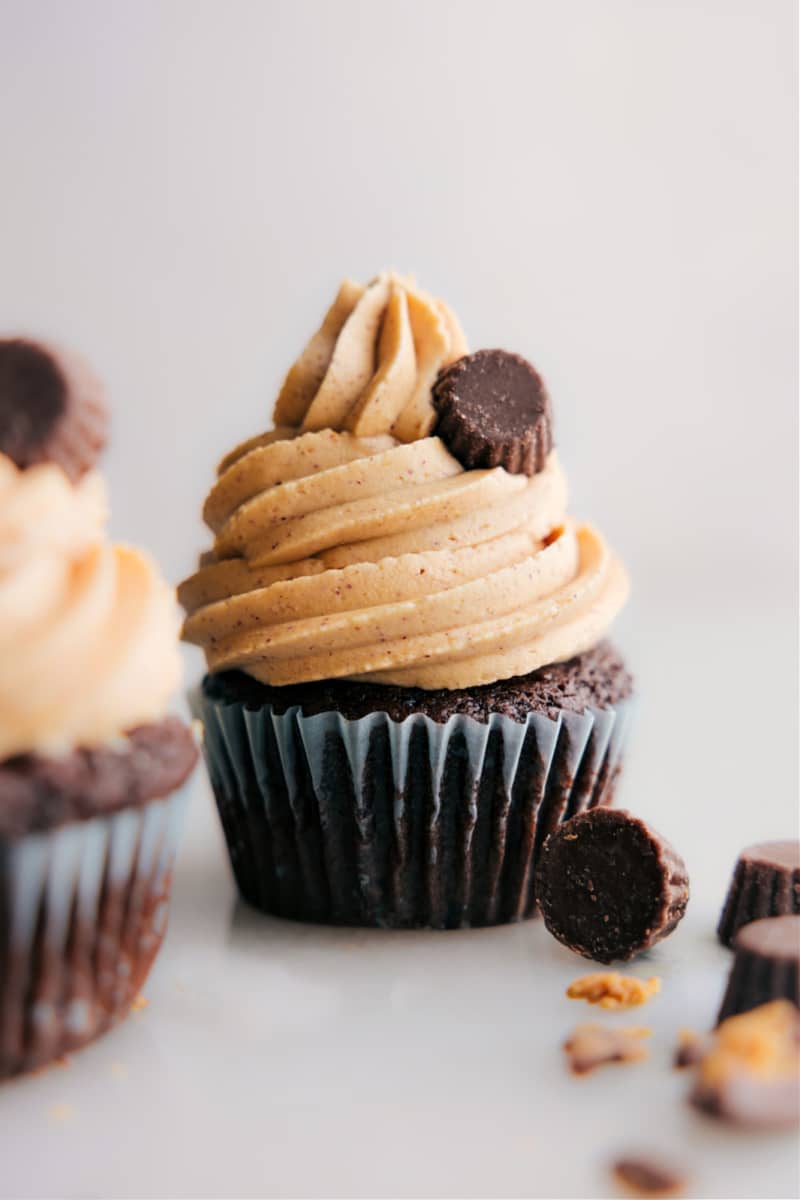
My Favorite Peanut Butter Frosting
This isn’t just any ordinary peanut butter frosting. The flavor is perfectly balanced, with a divine texture that’s light yet rich, and a sweet, nutty flavor that truly shines. It’s creamy enough to spread smoothly, yet holds its shape well enough to pipe for that picture-perfect finish. And with just the right touch of salt to counterbalance the sweetness, this frosting has a depth of flavor that will have you totally hooked!
Peanut Butter Frosting is incredibly versatile. It pairs beautifully with chocolate cake, vanilla cupcakes, brownies, or even sandwiched between cookies. It’s also easy to make with simple, pantry-staple ingredients and can be ready to use in no time at all.
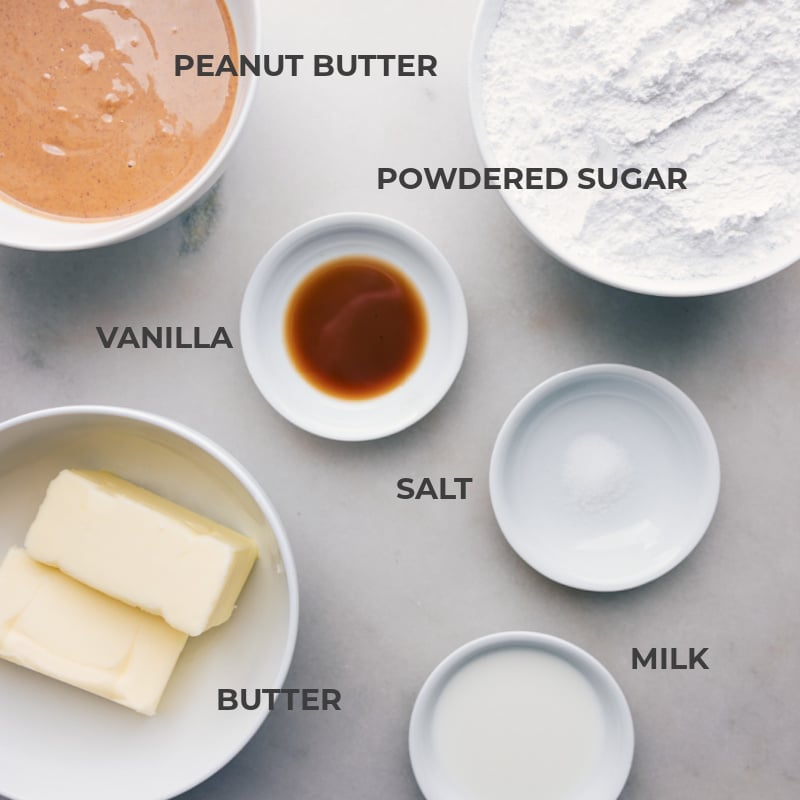
Peanut Butter Frosting Ingredients
- Unsalted butter: The better the quality of butter used, the better the flavor will be. Avoid margarine of any type — it doesn’t work the same. Use butter that is softened to room temperature. This will allow it to mix better with the other ingredients. If you forget to soften your butter ahead of time, cut it into smaller pieces to speed up the process.
- Creamy peanut butter: A smooth, creamy peanut butter works best for this recipe. It combines well with the other ingredients and delivers a smooth texture. Avoid using natural or homemade peanut butter; they can separate and result in an oily frosting.
- Powdered sugar: Also known as confectioners’ sugar or icing sugar, this ingredient provides sweetness and helps create its smooth, fluffy texture. For an ultra-smooth frosting, sift the powdered sugar before adding it in. (Confession: I usually don’t bother!)
- Fine sea salt and vanilla. Both are flavor enhancers. The salt intensifies the flavors and balances the sweetness — if you find the frosting to be too sweet, a small dash of salt is often the perfect fix.
- Milk: This helps to create the desired consistency in your frosting. You can adjust the amount of milk to make your frosting thicker or thinner, depending on your preference. If you find the frosting too thick, add more milk a tablespoon at a time until it reaches your desired consistency. Use whole milk for a richer taste, but other types will work too.
Quick Tip
Frosting quantities can vary depending on the exact ingredients used. If you find the Peanut Butter Frosting too thick, add a dash more milk. Not thick enough? A touch more powdered sugar. These two ingredients can be played with a bit until the frosting reaches your perfect consistency.
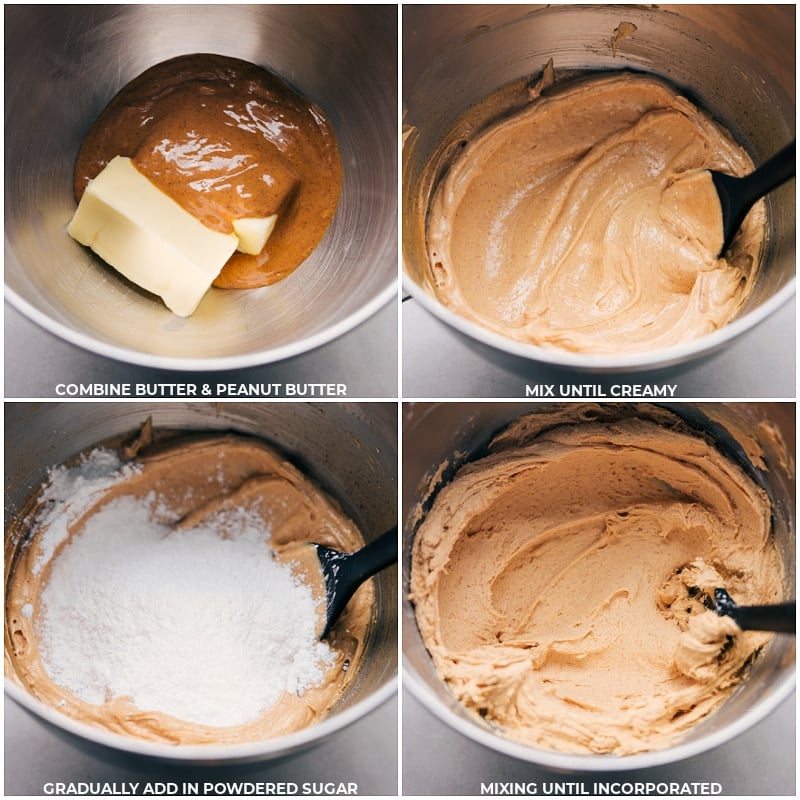
How To Make Peanut Butter Frosting (Tips)
- While a hand mixer will work, I’ve always had the best results making this frosting in a stand mixer with a paddle attachment
- Mixing: To ensure all ingredients are well incorporated, be sure to scrape down the sides and bottom of the bowl during mixing. This helps achieve a smooth, well-blended frosting.
- Frosting cakes and cupcakes: Always make sure baked goods are completely cooled before you start applying the frosting. This helps prevent it from melting or sliding off.
- Using a piping bag: If you’re piping the frosting onto cupcakes, you might find it easier to work with if it’s slightly chilled, especially in warmer weather.
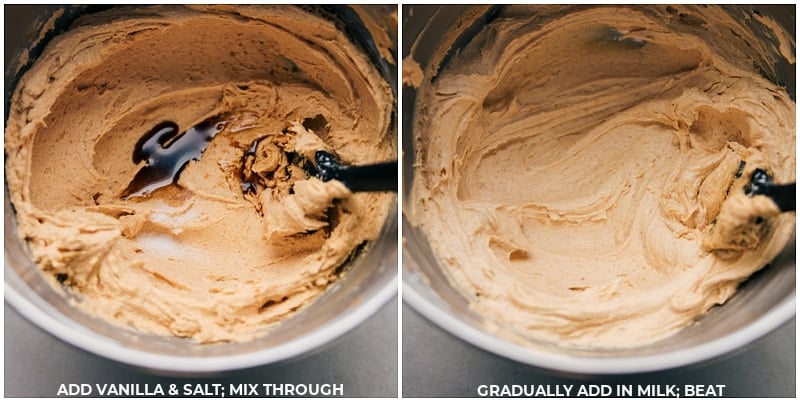
How To Use Peanut Butter Frosting
Here are some of our favorite ways to use this frosting:
- Cupcakes and cakes: This is the perfect frosting for chocolate, vanilla, or Banana Cupcakes and cakes. It will complement these flavors beautifully. You can even use it as a filling for a layer cake. We like to make Muddy Buddy-inspired cupcakes by baking up these Cake Mix Cupcakes, frosting with this peanut butter frosting, and garnishing with homemade Muddy Buddies – delish!
- Brownies: Spread this frosting over the top of cooled Brownies for a peanut buttery twist.
- Cookies: You can sandwich this frosting between two cookies, like Chocolate Chip or Oatmeal Cookies, to create a sweet and indulgent treat.
- Donuts: Top off homemade or store-bought donuts with Peanut Butter Frosting.
- Pancakes or waffles: For a decadent breakfast or brunch, spread a bit of this frosting over Pancakes or Waffles.
- Pastries: Use this frosting to fill pastries or Danishes. Peanut butter and jelly Danish, anyone?
- Ice cream topping: Warm it slightly and drizzle over vanilla, chocolate, or banana ice cream.
- Peanut Butter and Jelly Cake: For a fun twist on a classic, spread a layer of jelly or jam over a cake layer, then top with a layer of peanut butter frosting.
- Fruit dip: You can also use it as a dip for fruits like apples or bananas for a fun snack.
- Peanut butter frosted graham crackers: Spread Peanut Butter Frosting on graham crackers, sandwich the crackers together, and enjoy a sweet and crunchy treat. For an even more indulgent treat, dip the graham cracker sandwich in chocolate and let set.
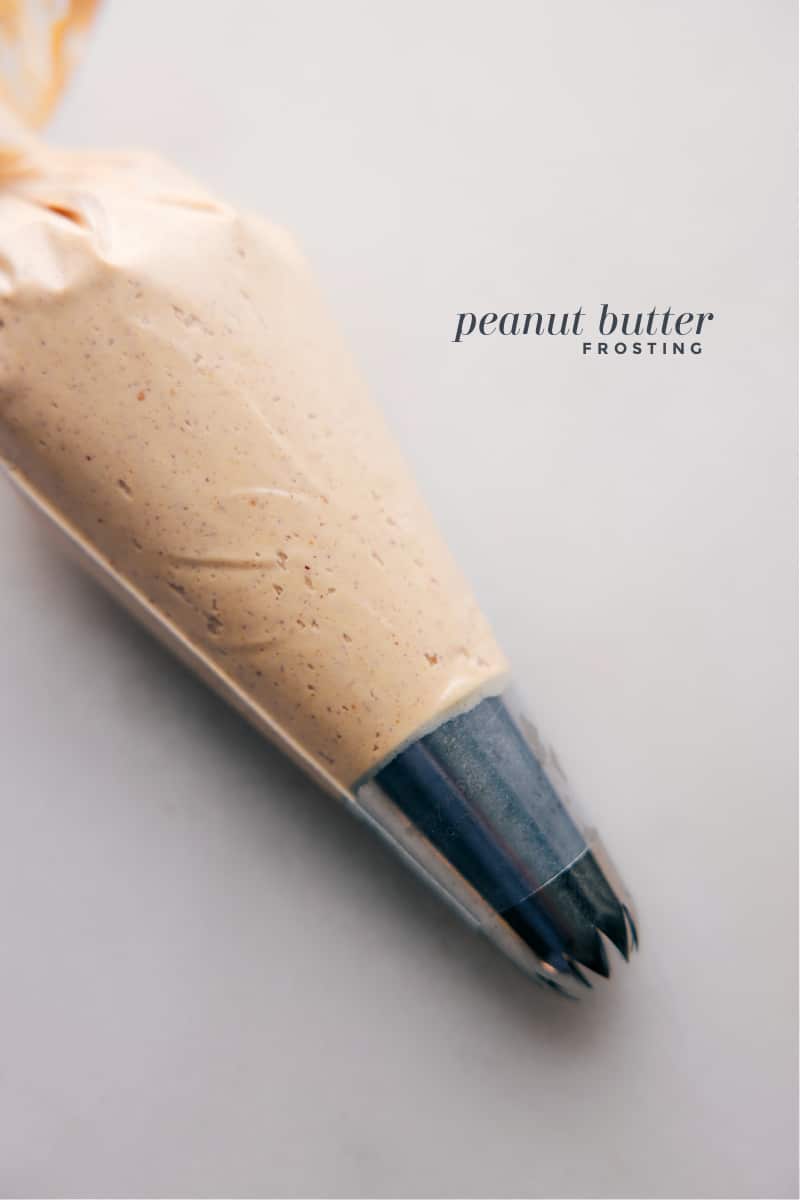
The Butter Temperature Is Key
Having the butter at the right temperature is important in many recipes, especially when it comes to making frosting. Butter is typically considered to be at room temperature or the “right temperature” for most recipes when it’s around 65-70°F (18-21°C). This is where we want the butter for this Peanut Butter Frosting recipe.
Here are a few ways to check if your butter is at the right temperature:
- Finger test: Press your finger gently into the butter. It should make an indent but not go all the way through. The butter should yield under slight pressure, but it should not be too soft or melty. If your finger sinks in with no resistance, the butter is too soft.
- Slice test: Cut a slice off the butter. It should cut easily with a little resistance, but still hold its shape.
- Temperature check: If you have a food thermometer, you can check the butter directly. It should read between 65-70°F (18-21°C).
Butter at the right temperature will blend smoothly with your other ingredients, and make your frosting creamy and well emulsified.
If your butter is too soft (or melted), it can result in a frosting that’s too loose. Conversely, if it’s too cold or hard, you’ll have difficulty mixing it properly with the other ingredients. (It will form lumps.) So, taking the time to ensure your butter is at the right temperature can significantly improve your frosting-making results.
Bring Butter To Room Temperature Quickly
If your butter is in the fridge and you need to soften it to room temperature quickly for this Peanut Butter Frosting recipe, here are a few methods:
- Cut into pieces: Slice the butter into small chunks or thin pats. This increases the surface area exposed to the air, allowing the butter to come to room temperature more quickly. It should take about 15-20 minutes to soften.
- Warm glass method: Heat a glass by filling it with hot water. Once the glass is warm, dump out the water, quickly dry the glass, and cover the butter with it. The warm glass will gently heat the butter, helping it to soften.
- Microwave method: This method should be used as a last resort because it’s easy to accidentally melt the butter. Place the butter in the microwave for 8 seconds on 10% power. Check the consistency and repeat if necessary. Remember, you want to soften it, not melt it.
More Peanut Butter Recipes:
- Rice Cake With Peanut Butter quick and easy snack
- Peanut Butter Bars with a chocolate topping
- Chocolate Peanut Butter Pie with an Oreo pie crust
- Chocolate Peanut Butter Snack Mix with mini Reese’s cups
- Peanut Butter Rice Krispie Treats with a chocolate topping
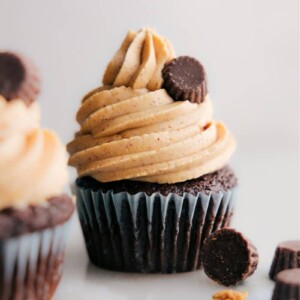
Peanut Butter Frosting
Equipment
- Stand mixer with paddle attachment (or hand mixer)
Ingredients
- 16 tablespoons unsalted butter 1 cup, at room temperature, see note 2
- 1 cup creamy peanut butter like Skippy®
- 3 cups powdered sugar see note 3
- 2 teaspoons vanilla extract
- 1/4 teaspoon salt
- 2 tablespoons whole milk plus more if needed
Instructions
- Start with room-temperature butter. It should be soft but not melted (see note 2).
- Combine butter and peanut butter in a stand mixer with the paddle attachment (or in a large bowl if using a hand mixer.) Mix at low speed until creamy and thoroughly combined. Avoid whipping.
- Gradually add powdered sugar, about 1/2 cup at a time, pausing the mixer each time to prevent a cloud of sugar. Keep the mixer at low speed until the sugar is fully combined with the butter and peanut butter. Scrape the sides and bottom to ensure all ingredients are incorporated.
- Add vanilla extract and salt. Keep the mixer on low speed and gradually add the milk. Mix until milk is combined with the other ingredients. Increase speed to medium-high and beat frosting for another 30 seconds. Taste and add more salt if desired to intensify flavors or further balance the sweetness.
- Once ready, spread or pipe the frosting onto completely cooled cupcakes or cake.
Recipe Notes
Nutrition
Nutrition information is automatically calculated, so should only be used as an approximation.
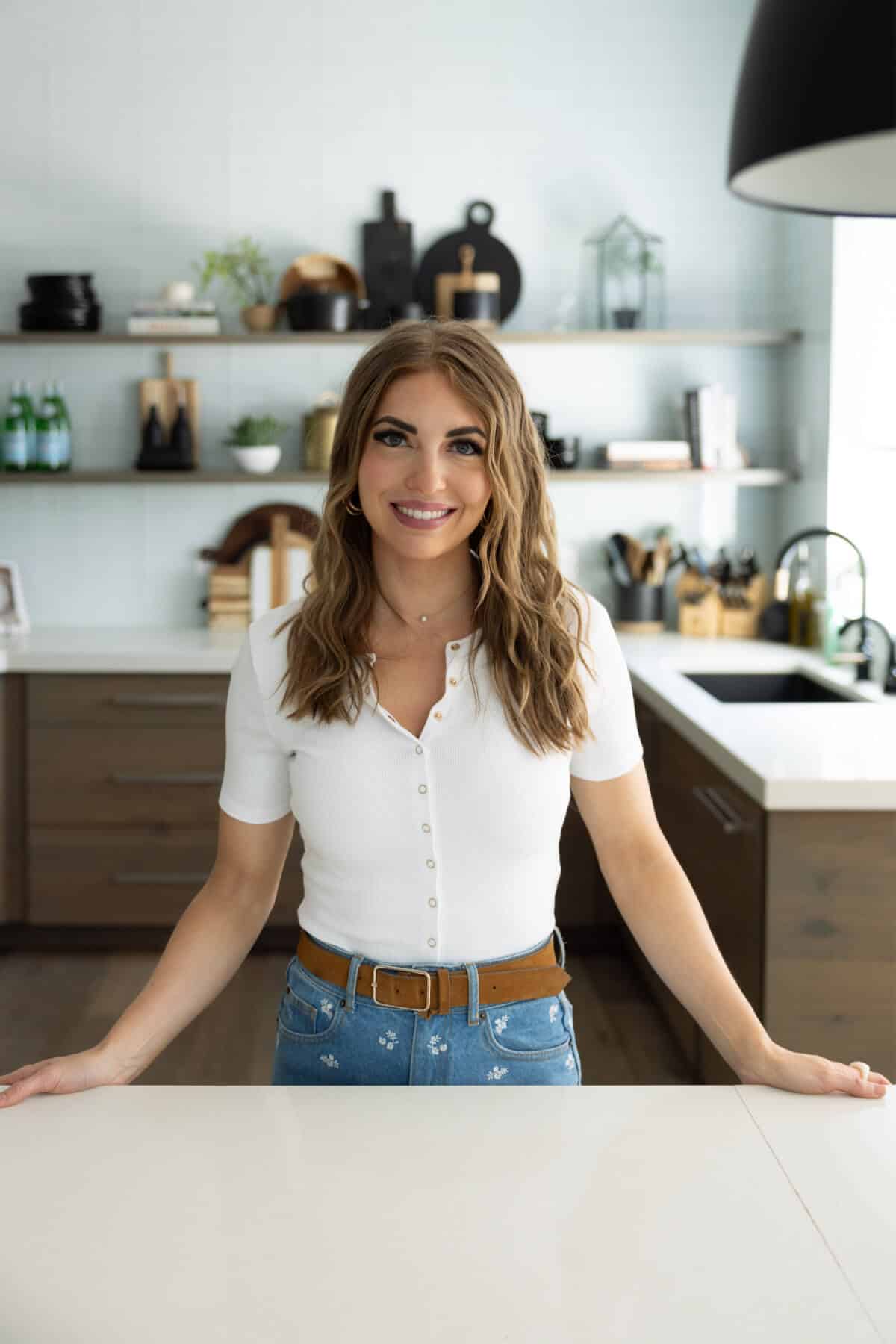

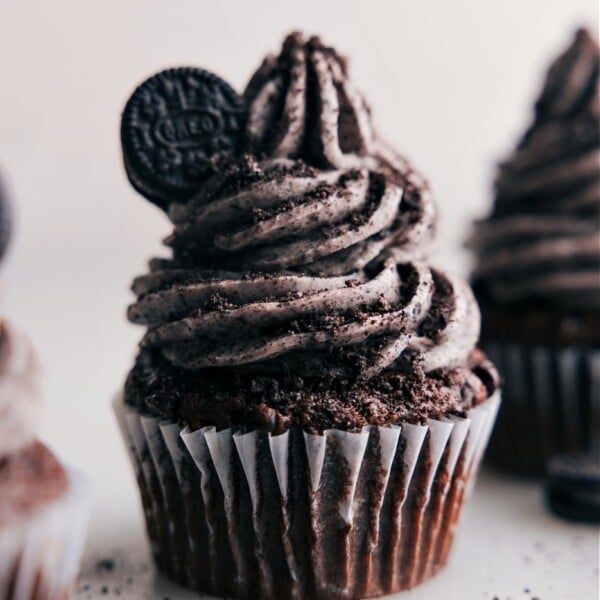
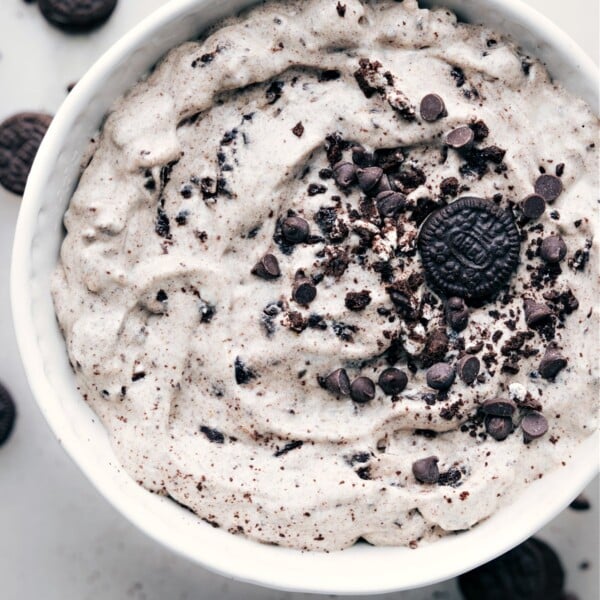
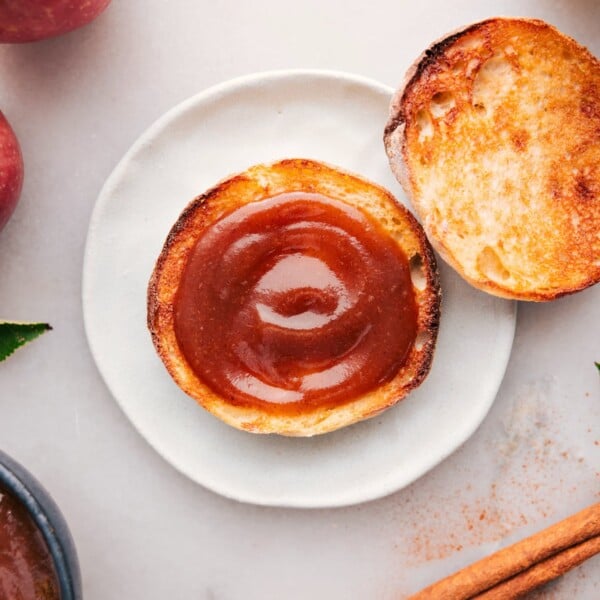
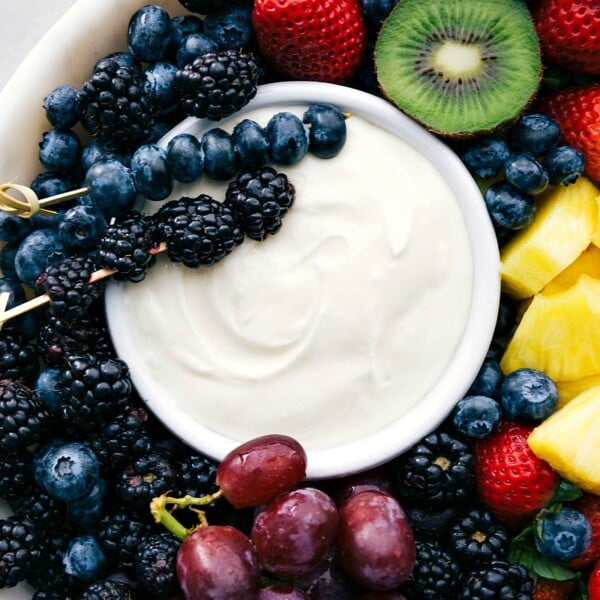









I’m going to try to make these for my stepsons 16th birthday! 🙂